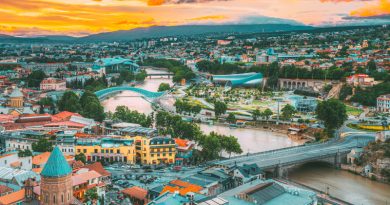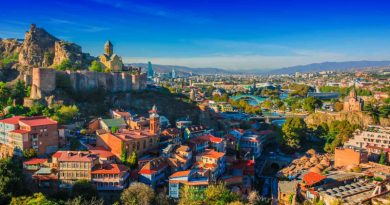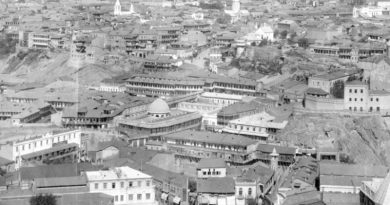World urbanization and Georgia
Urbanization is one of the world’s largest global processes, which occupies a special place in the goals of sustainable development. It is a multifaceted phenomenon and it is impossible to evaluate it uniquely, so in this blog we will provide you with information about urbanization and discuss it from the perspective of our country.
Urbanization is a process when the proportion of urban population increases in the total population of a country and the urban way of life becomes widespread. Urbanization is associated with rising income levels and improving social indicators, including:
- Life expectancy;
- The level of education;
- Infrastructure;
- Availability of social services.
Urban countries are generally characterized by high income levels and stable economic conditions. However, with all this, in developed countries, it becomes difficult to manage the unprecedented growth of the population in the areas of urbanization, which is why urbanization is often recognized as a complex phenomenon. It can bring both positive changes in a person’s life and negative consequences, such as:
- Overpopulation;
- Environment pollution;
- Increase in crime;
- The origins of slums.
What is the level of urbanization in Georgia?
In our country, it is higher than the average indicators of countries with similar incomes. In the ranking of the Department of Economic and Social Affairs of the United Nations, which is compiled according to the level of urbanization, Georgia occupies the 137th place. According to their data, 53.5% of Georgia’s population lives in cities, and 46.5% lives in rural areas. In our country, even in the 70s of the last century, the number of urban and rural population was already equalized. According to the data of the United Nations Department of Economic and Social Affairs, 75% of the population of Georgia will live in cities by 2050.
In Georgia, quite a lot of money is spent in the agricultural sector. The country’s policy is aimed at maintaining the population in rural areas, and the main goal is to reverse the trend of urbanization. Statistically, the total population is decreasing in Georgia, the growth rate is observed only in Tbilisi, Rustavi and Batumi. Today, more than a million people live in Tbilisi alone, while the population of Batumi, the second largest city in the country, is 7 times less than the population of the capital. Cities are grouped into categories as follows:
- Big Four (Tbilisi, Batumi, Rustavi, Kutaisi);
- Regional center (administrative centers of the region);
- Urban areas of the second order – municipal centers and cities – where the population exceeds 15 thousand.
The impact of urbanization
Urbanization is a continuous process and our main task is to facilitate and give the right direction to it. The fact that the World Health Organization has included studies of the processes and problems of urbanization in large cities among the main scientific directions shows the importance of the essence of urbanization. The positive side of this process is related to the increasing level of incomes and improvement of social indicators. Urban countries are characterized by high income levels, strong institutions and stable economies, and they have the ability to withstand global economic fluctuations.




